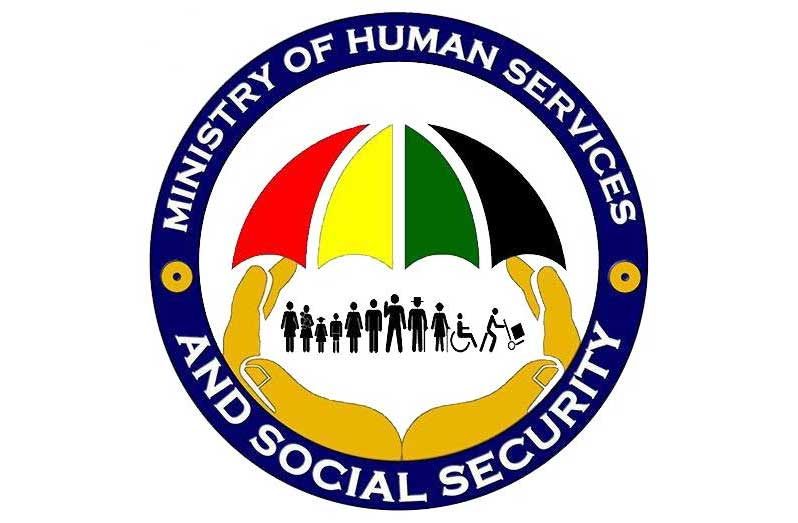THE Ministry of Human Services and Social Security is celebrating five years of ground-breaking accomplishments that have reshaped social services across Guyana, with a strong emphasis on protecting children, supporting families and raising national standards in early childhood development.
In a statement issued Monday, the ministry highlighted major policy and programme milestones, including the implementation of a National Home-Based Care Policy, which ensures that all home-based childcare facilities comply with the Childcare and Development Services Act. The initiative seeks to establish a nationwide culture of protection, safety, and respect for children.
Complementing this was the introduction of the National Integrated Early Childhood Development Policy—a unified framework that brings together key sectors such as health, education, child protection, fire prevention, and social services. The policy’s central vision is to guarantee that all children, from birth to age three, not only survive but thrive.
Investments in quality care have also been substantial. To date, over 1,000 Early Childhood Development Practitioners have been trained, while 350 service licences have been regularised, raising the standard of care across the country. The ministry also established the first Day and Night Care and Early Childhood Development Centre at Anna Catherina, Region Three, at a cost of $93.8 million.
Meanwhile, Child Advocacy Centres have expanded from nine to 13, nationwide, representing a $326 million investment to safeguard children. Partner-support funding, in collaboration with organisations such as ChildLink and Blossom Inc., increased significantly from $24 million to $123.9 million.
To strengthen private sector childcare services, the ministry rolled out the Enhancement of Child Care and Early Learning Facilities and Development Services Grant, designed to help privately owned daycare centres move toward becoming “centres of excellence.”
In terms of family support, the ministry reported that since 2020, 166 adoptions have been finalised, 173 children have been placed in foster care, and 439 children have been reintegrated into their families from state care.
These efforts are guided by the Alternative Care and Reintegration of Children Policy, which prioritises family preservation and the creation of safe, nurturing environments for every child. By 2028, the ministry aims to prevent unnecessary family separations; reduce reliance on institutional care; strengthen family capacities; establish a reintegration unit; expand training and staff and develop a national child database.
The ministry noted that these initiatives reflect its commitment to creating a more secure, inclusive, and supportive society for children and families throughout Guyana.



.jpg)










